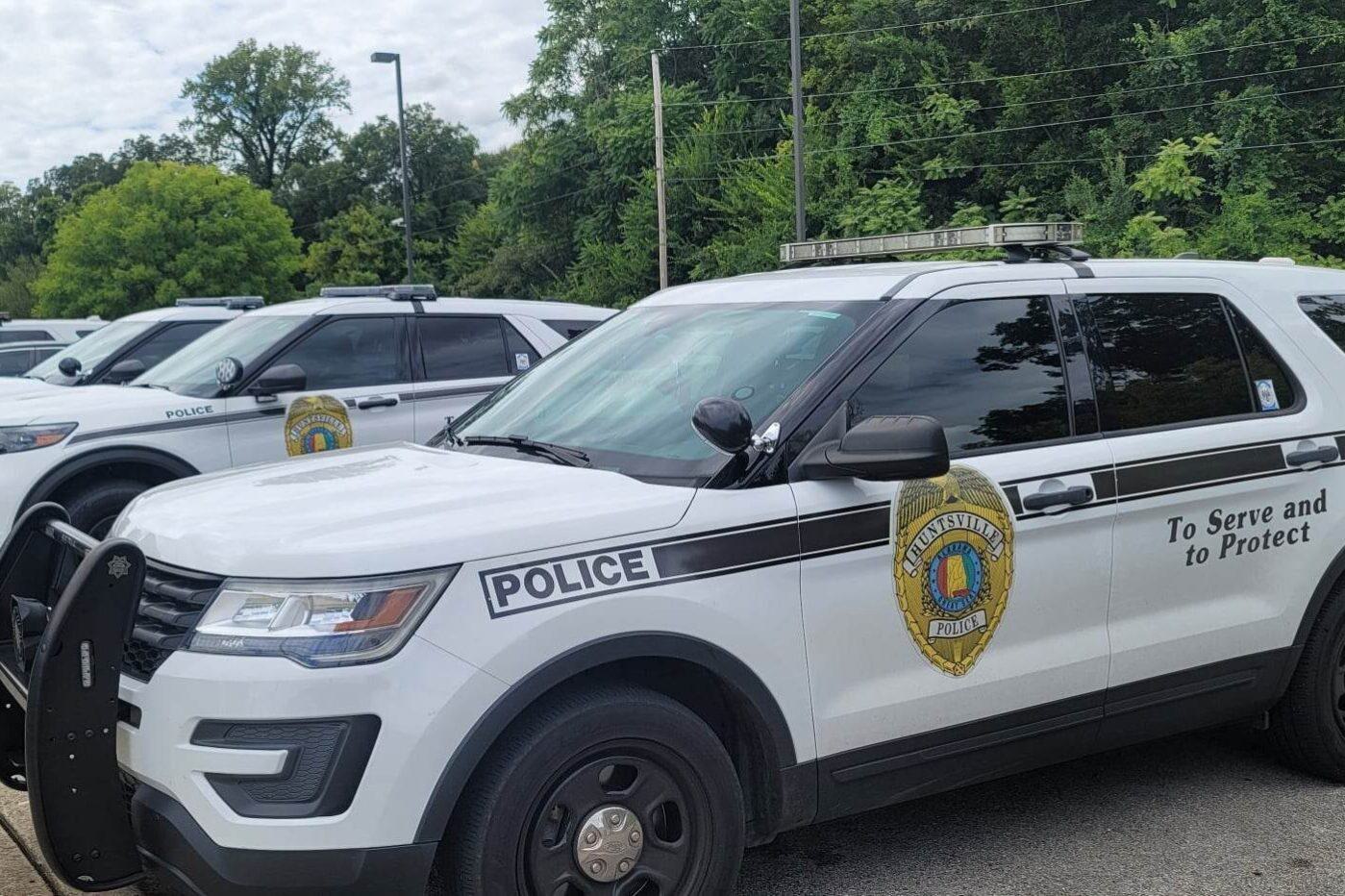On Tuesday, the 11th Circuit Court of Appeals removed qualified immunity from two Huntsville police officers in a 2019 false arrest lawsuit.
The case involves a false arrest claim by Roland Edger against the city of Huntsville and two Huntsville police officers. Edger claims the officers violated his Fourth Amendment protections against unlawful searches and seizures.
In 2021, District Judge Liles Burke dismissed the case, ruling that the officers were entitled to qualified immunity because they had “arguable probable cause” to arrest Edger. Tuesday’s ruling reversed Burke’s decision, removing qualified immunity protection from the officers.
Qualified immunity protects government officials from lawsuits alleging the official violated a person’s rights unless it is a “clearly established” statutory or Constitutional right.
The suit stemmed from Edger’s arrest in June 2019. Edger, an auto mechanic, was working on a customer’s vehicle in the parking lot of a church.
After a church security guard called the police to report Edger interacting with the vehicle, Huntsville police showed up 30 minutes later. The court’s ruling included a written account of the brief dialogue between Edger and the responding officers taken from bodycam footage.
According to the transcript, after briefly interacting with Edger and his companion, the officers demanded to see Edger’s physical identification. While Edger began to try to explain himself, one of the officers swiftly placed him in handcuffs. Edgar was charged with obstructing governmental operations, a commonly criticized catch-all charge used to justify arrests in the state. All charges were later dropped.
Attorneys for the defendant offered that the arrest fell under probable cause, claiming Edger failed to identify himself and obstructed the officers by using “intimidation” of “physical force.” The latter claim the court denied outright based on the bodycam footage. The court rejected the former claim because nothing in Alabama law requires a person not operating a motor vehicle to present a driver’s license, and no statute requires a person to present physical identification when demanded by law enforcement.
Alabama’s “Stop-and-Identify” statute allows an Alabama police officer who “reasonably suspects” a crime is being, has been, or is about to be committed to stop a person in public and “demand of him his name, address and an explanation of his actions.” The court ruled that demanding a driver’s license goes beyond the scope of that information.
“We hold that the plain text of the Alabama statute is so clear that no reasonable officer could have believed they could arrest Mr. Edger for failing to produce his ‘ID’ or ‘driver’s license,’” The 11th Circuit wrote.
It continued, “[T]he Alabama statute is clear. It lists only three things that the police may ask about. This is not an issue of ‘magic words’ that must be uttered. There is a difference between asking for specific information: ‘What is your name? Where do you live?’ and demanding a physical license or ID. The information contained in a driver’s license goes beyond the information required to be revealed under [Alabama law].”
After the court dismissed all the probable cause claims by the defendant’s attorneys, the final ruling established that the officer “violated Mr. Edger’s clearly established Fourth Amendment rights when they arrested him with neither actual, nor arguable, probable cause.”
To connect with the author of this story or to comment, email craig.monger@1819news.com.
Don’t miss out! Subscribe to our newsletter and get our top stories every weekday morning.










